Meet Livestock Farmer Lou Nave
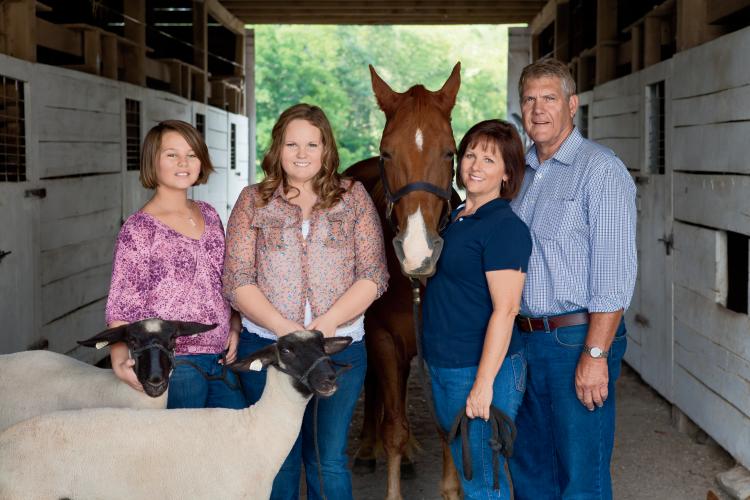
The Dirt on the Farm
Farm Location: near Woodbury in Cannon County
Land Area: 320 acres
Livestock and Crops: Commercial beef cattle, Tennessee Walking Horses, sheep and a few chickens, along with a few apple trees. Would like to have a substantial orchard someday.
Farm Legacy: Sixth generation. The land has been in Lou’s mother’s family for over 150 years and has passed through the female side of the family for three generations.
Farm Fun Facts: Lou’s grandfather was a blacksmith, a farmer and a farrier in World War I. The farm still has the shop where he made plows, wagon wheels, hinges and nails, and they still use the barn he built as a young man in the early 1900s. The main barn, almost 100 years old, was built of mortise and tendon construction held together with wooden pegs, without nails except for the roof. The family has remodeled and improved the barn’s usefulness over the years but it maintains the look and feel of a very old barn.
It must be amazing to live and farm on land that’s been in your family for generations. What are you most proud of?
It is humbling to be able to live and raise my family where five generations of my ancestors have lived. It is a tremendous honor to look over the land where they used to grow the food and fiber and know I now have the opportunity to care for and develop this land. Being able to use structures built by my grandfather is indescribable. Each building, rock wall and pasture has its own history that I try to share with my girls. Making a living on this land has not always been easy. To know my family had the inner strength and grit to make this land productive and profitable is inspiring to me. My family developed a strong work ethic and commitment to this land that I hope to pass along to our girls.
You have a pretty diversified farm while you and your husband have off-farm jobs. How do you make it work with two active children?
It is a family effort to keep everything going. We have worked to make our operation as efficient as possible. Our girls know that no matter how busy we are or what we want to do, the animals must be cared for first. Hannah and Emily each have farm responsibilities that must be tended to daily. Sometimes the duties fall on one person, sometimes on three, but it doesn’t matter who does it so long as the animals are fed and watered.
For me, knowing that whatever may happen in the outside world, I can go to my barn at the end of the day to the comforting sounds and smells of cattle, sheep and horses makes everything worthwhile.
Your off-farm job is also tied to the agricultural industry and is pretty unique, can you explain the Farm Animal Care Coalition of Tennessee (FACCT)?
FACCT is a nonprofit organization supported by many of Tennessee’s agricultural organizations to serve as a unified voice for humane animal care, well-being issues and best management practices. I work with our agriculture commodity groups to be a positive, proactive voice and an advocate for a safe, abundant food supply. FACCT seeks to provide a science-based perspective on issues affecting animal agriculture. We work with livestock producers to educate consumers and lawmakers about accepted livestock management practices and our commitment to animal welfare.
Livestock producers have spent so much time being good producers, but we have forgotten we must also be good promoters. We can’t expect those who don’t know what we do to just take our word that we are doing a good job. We must first do a good job, then share that message with others.
What do agriculture and farming mean to you?
Agriculture is so essential to our lives. Many people do not understand the commitment farmers make to provide to not only their families, but also to the world. Farming is not a do-it-halfway kind of occupation. It requires immense commitment and devotion, through good and bad times. Livestock production is rewarding but can also be heartbreaking.
There are few joys more precious than seeing a calf or lamb struggle to stand next to its mother after arduous moments helping with its difficult birth. Likewise, there are few moments more painful than watching the animal you planned and anticipated for months unable to take its first breath. While heartbreaking, these moments strengthen you to plan for the next season, next generation, next harvest.
Your job directly correlates with your farm. Animal welfare has become a hot topic of conversation for many years now – how do you tackle that topic both in your job and on your farm?
It is imperative that we as livestock owners and producers do the best job possible of raising and harvesting our livestock in a humane manner. We must be diligent in doing the best job possible every day in everything we do. With less than 2 percent of our population providing the food and fiber for the world, we must be efficient while always keeping animal welfare in mind.
We must stay informed about issues and advancements affecting animal agriculture so we can appropriately address misconceptions about how we raise our animals. I continue to study and gain as much knowledge as possible about current and new production practices and management procedures. I encourage all livestock producers to be as well-educated as possible. We must train everyone who works on our farms to follow accepted management procedures and always provide humane care for our animals.
It is important for us, as livestock producers, to share our stories. We must tell our friends and neighbors who are not farmers the truth about livestock production. If we don’t tell our stories someone else will and they may not tell it accurately. I encourage producers to invite people to their farms to see how the animals are raised and reveal what a good job we do in providing for our animal’s needs. I have the opportunity to speak to many groups to share the true message of humane care provided by livestock producers. I encourage other producers to take every opportunity to share information about what we do on our farms.
I also encourage all involved in agriculture to make every effort not to attack another segment of our industry. That is a tactic often used against us: divide and conquer. We can’t have one segment of agriculture attacking another. If we don’t understand, we should investigate and learn



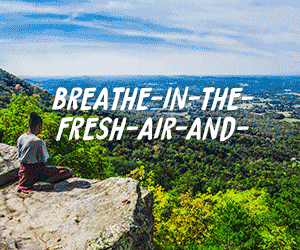
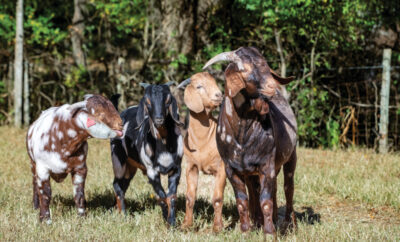
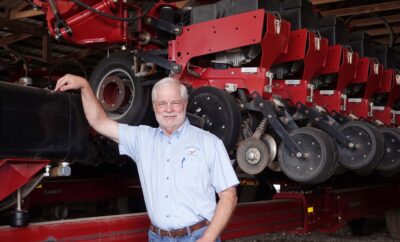
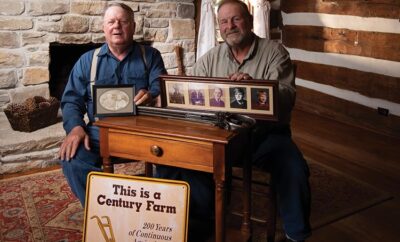







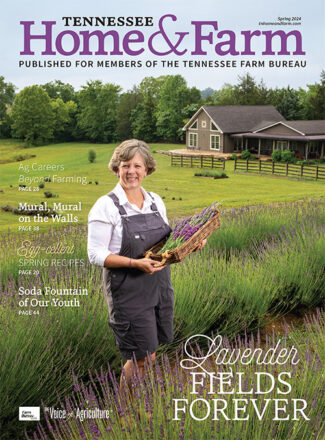
Hope you are doing something about confined animals such as hogs at the Holt Farm.